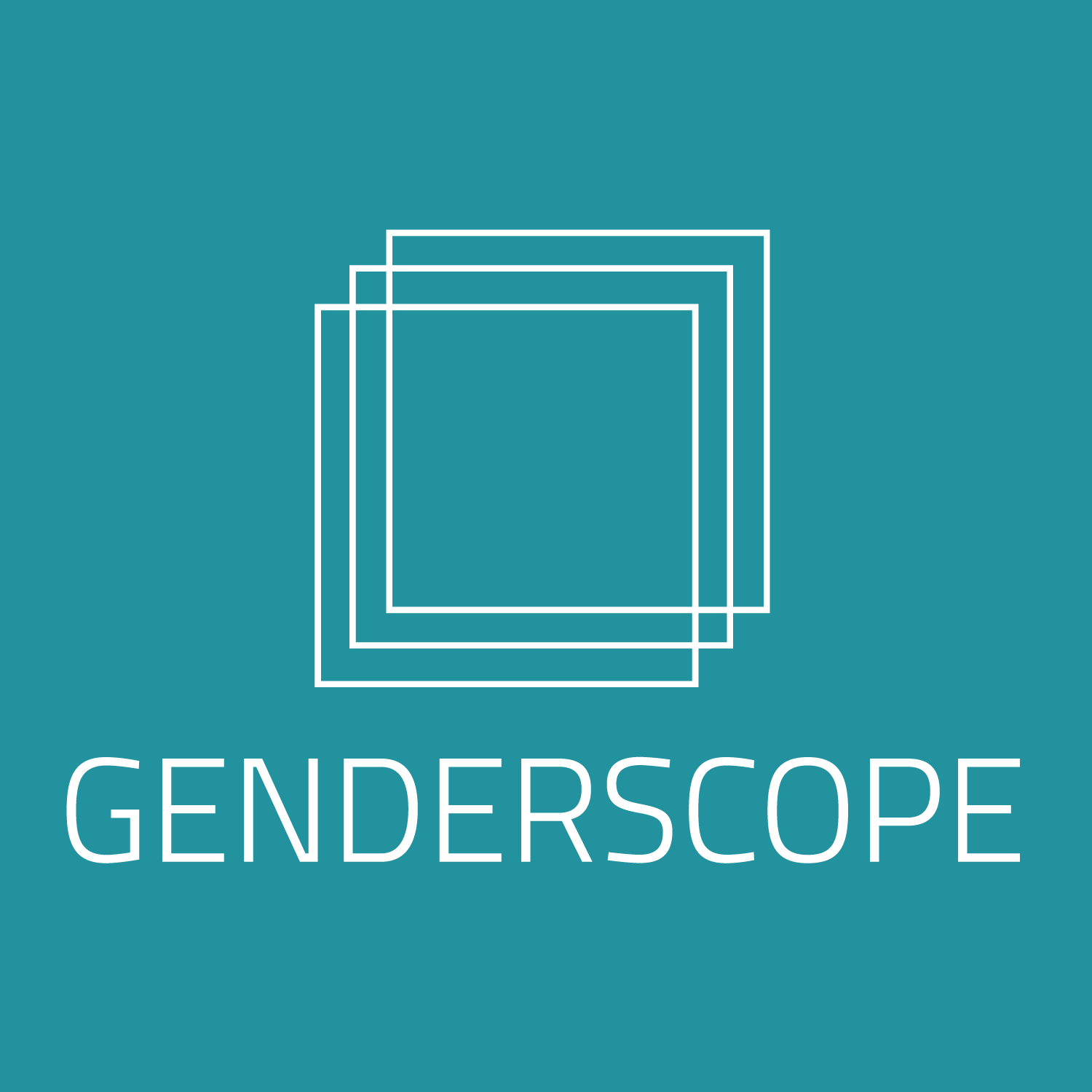
Consultancy
The emergence of new media in cyberspace has offered unprecedented freedom of communication and expression of opinions. However, the misuse of current social media platforms has become a concerning issue, with the spread of violent messages, offensive comments, and hateful speech. This phenomenon is commonly referred to as online hate speech, encompassing any form of communication that belittles or targets individuals or groups based on characteristics such as race, color, ethnicity, gender, sexual orientation, nationality, religion, or political affiliation. Online hate speech can manifest in various ways, including religious hate speech, online racism, gender-based hate, and political hate speech. These categories often intersect, revealing the complex objectives behind such communication.
Moreover, in the realm of digital media, it is crucial to acknowledge the significance of gender. According to the Broadband Commission report, women's presence online can have a profound impact on a country's GDP. Connecting an additional 600 million women and girls worldwide to the Internet could result in a staggering GDP increase of up to USD 18 billion. Access to the Internet opens doors for women, offering increased efficiency and productivity in their work and businesses, improved market access for buying and selling goods, enhanced educational opportunities, broader networks, new innovations, and faster access to relevant information.
The European Commission report on Women active in the information and communication technologies (ICT) sector further emphasizes that increasing women's participation in the digital economy could generate an annual GDP boost of EUR 9 billion in the European Union.
For women, digital inclusion is an empowering process that amplifies their voices and enables effective participation in governance and decision-making. It equips them with new skills and acts as a catalyst for delivering essential public services, including education, employment, healthcare, and financial services. Ensuring equal access to ICT and the Internet is not just a matter of human rights but also has a profound impact on women's health, access to education, social services, employment opportunities, economic independence, and sustainable livelihoods.
Unfortunately, persistent gender inequalities continue to impede women from fully realizing their potential in the digital field:
- There exists a gender divide in Internet usage, with women having lower rates of digital education uptake. For instance, ICT and Internet usage are often associated with scientific education pathways, where women are underrepresented.
- Women remain underrepresented in ICT employment, often confined to low-quality digital jobs. However, research suggests that achieving gender balance in high-value ICT positions, both in management and operational roles, can significantly enhance business performance.
- The increasing association of ICT with cybercrime has become a tool to harass and harm women, further reinforcing existing inequalities and power structures.
Addressing these challenges and promoting gender equality in the digital landscape is imperative. It requires concerted efforts to bridge the gender divide in Internet use, encourage women's participation in ICT employment, and combat cybercrime effectively. By doing so, we can unlock the untapped potential of women, creating a more inclusive, innovative, and equitable digital future.
